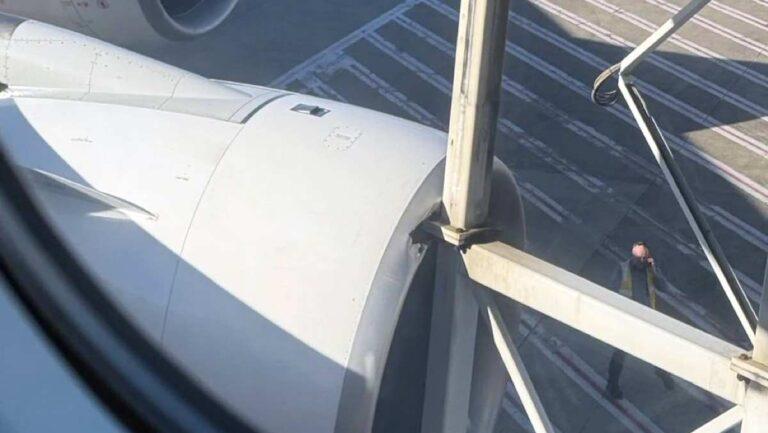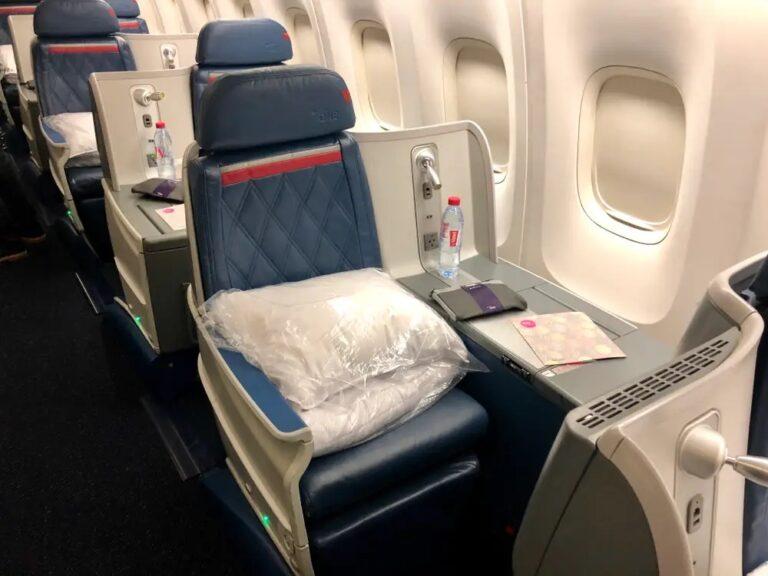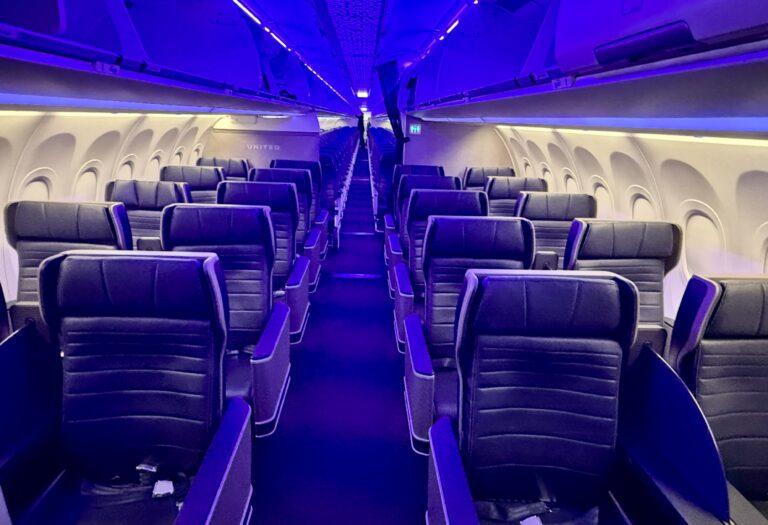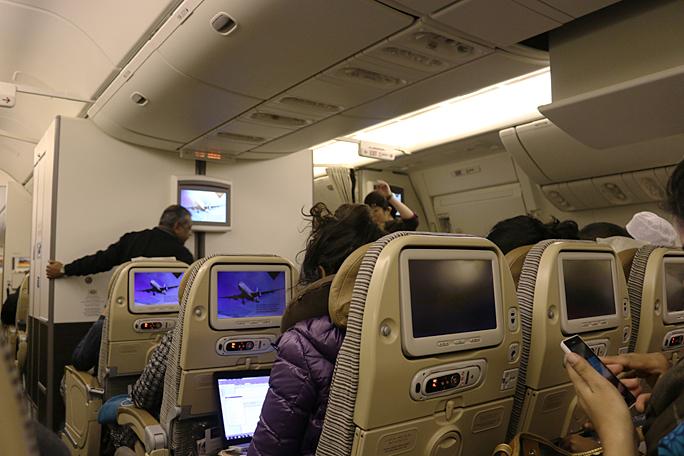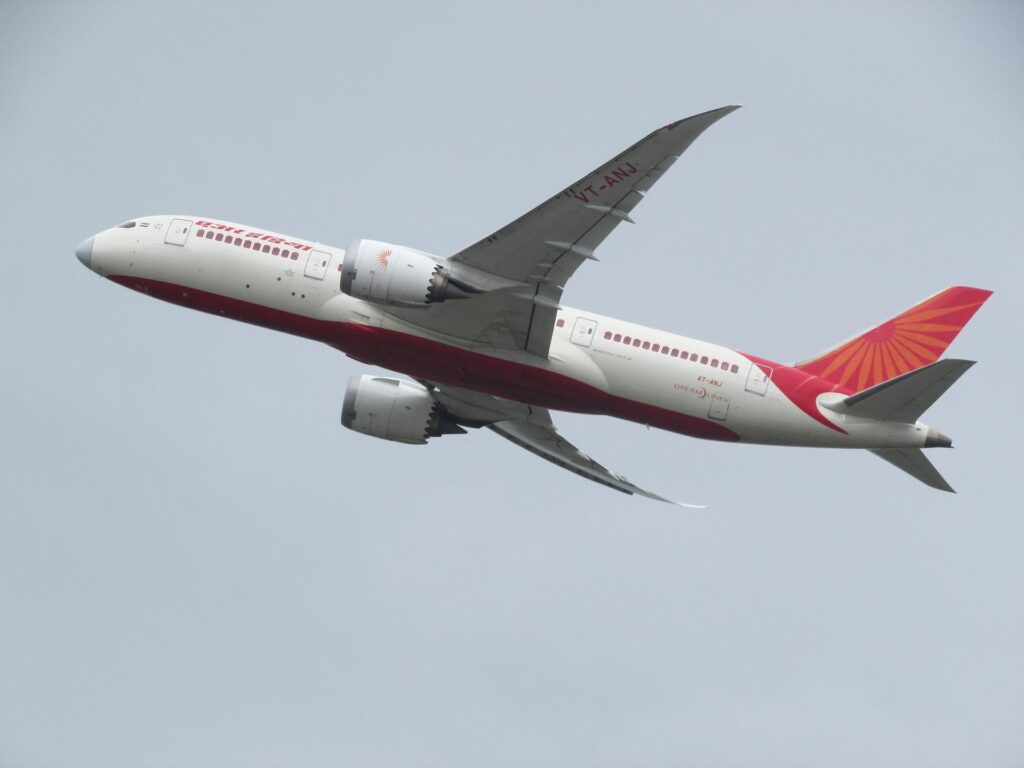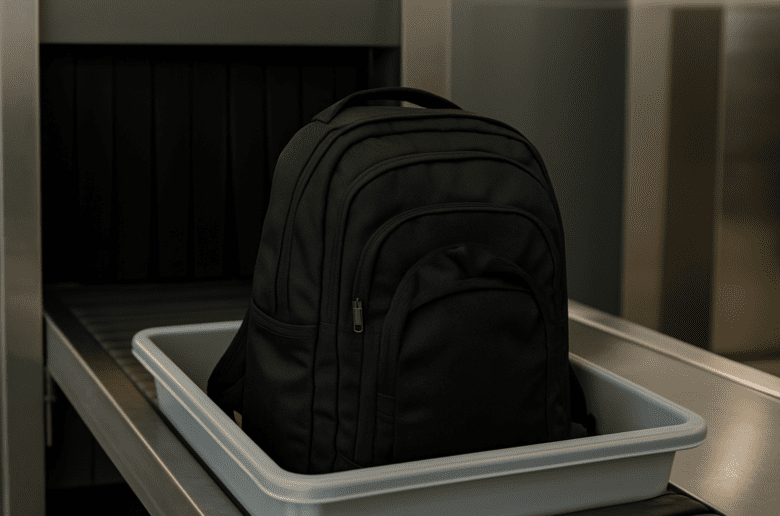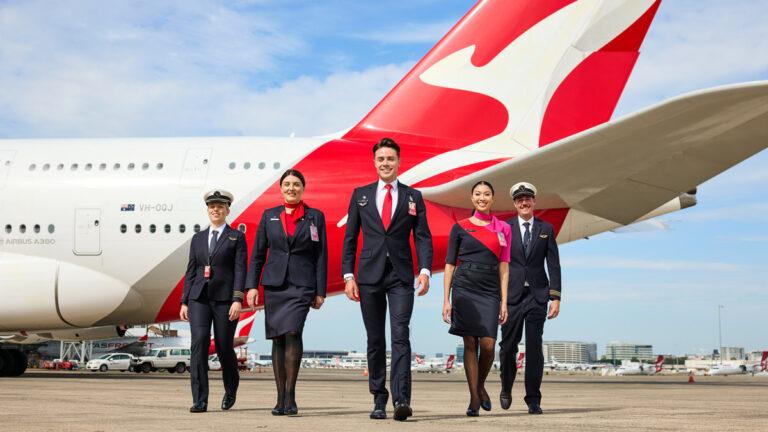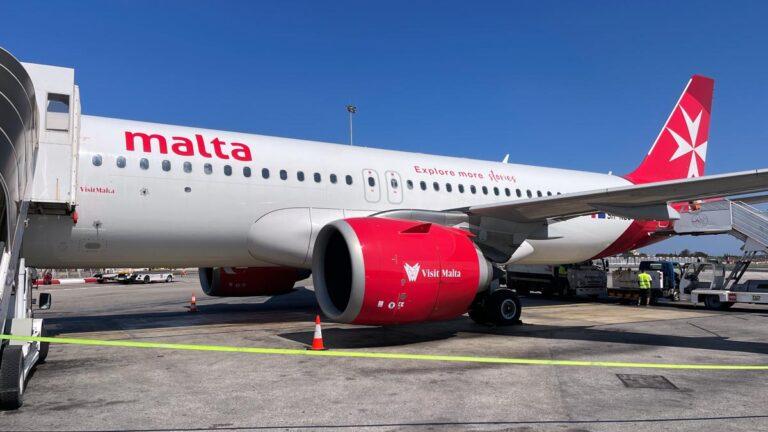Getting Sick While Abroad: Your Ultimate Guide to Staying Healthy Overseas
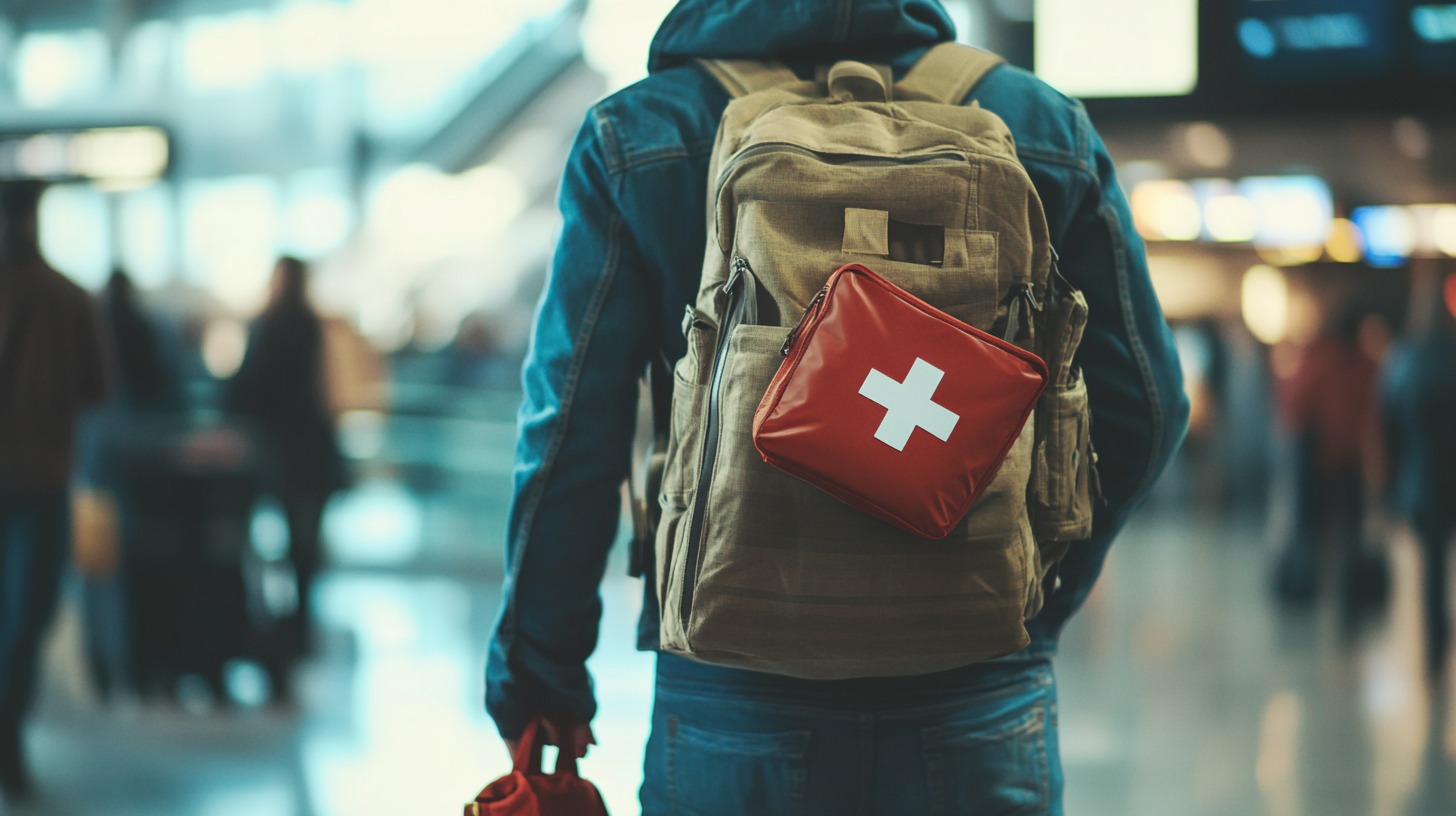
Traveling abroad is an enriching experience that opens doors to new cultures, cuisines, and breathtaking landscapes. You can visit New Culture to learn more about diverse cultures, read more at Thrillist for international cuisines, and explore at The Cultural Landscape Foundation for stunning landscapes. It allows you to step out of your comfort zone, meet new people, and create lifelong memories. However, amidst the excitement of exploring unfamiliar territories, the unexpected can happen: falling ill. For more information on travel-related diseases, read more from CDC. Whether it’s a minor ailment or a serious medical emergency, getting sick while abroad can be daunting and challenging, especially when you’re far from the comforts of home and familiar healthcare systems. You can explore insights at Harvard School of Public Health to understand different healthcare systems. This comprehensive guide will help you navigate the complexities of dealing with illness during international travel, from preparation before departure to managing healthcare abroad and ensuring a safe return home.
Preparing for the Unexpected: Before You Travel
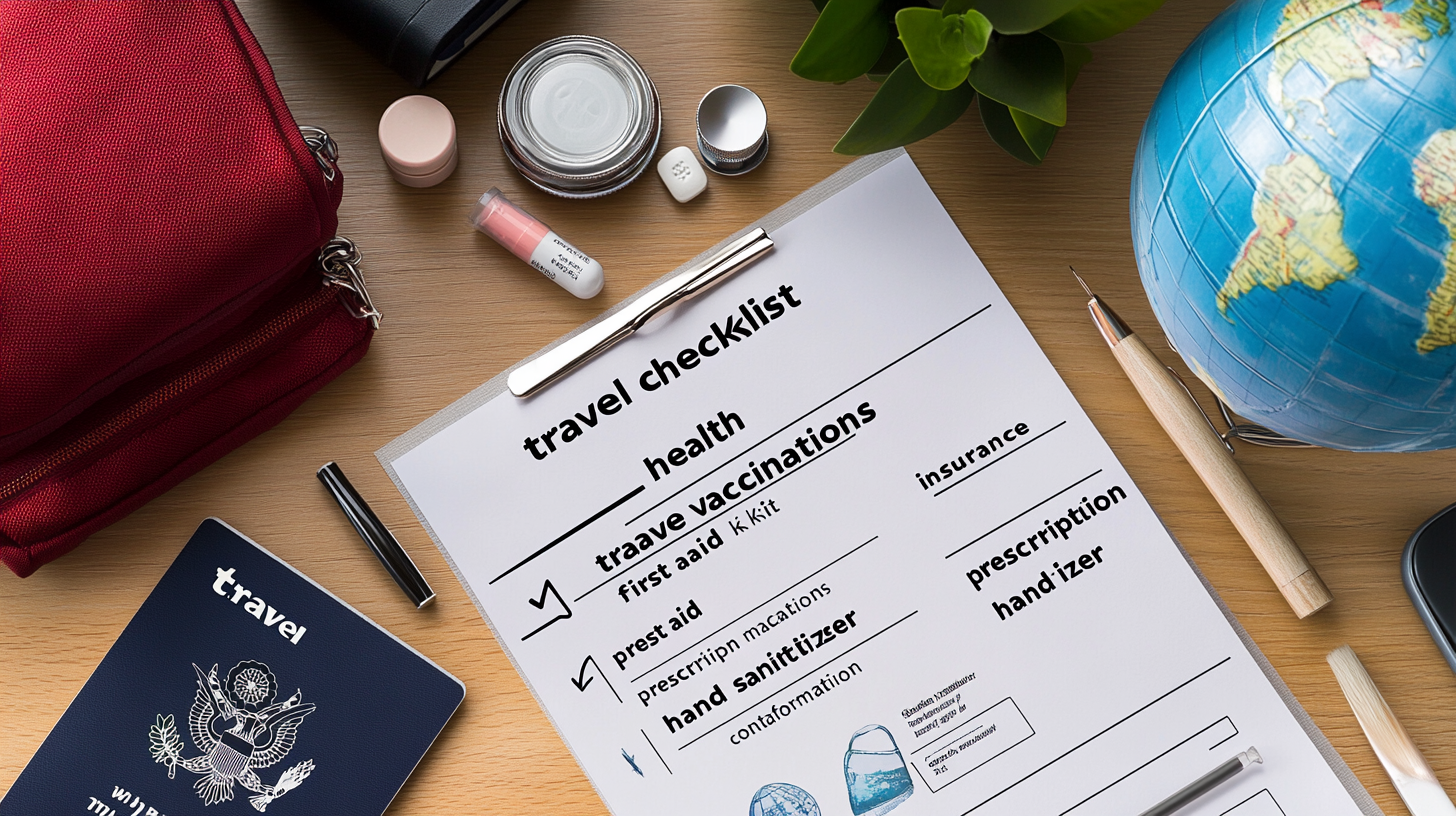
Preparation is key when it comes to handling potential health issues during your travels. For more information, visit CDC. Before you set off, it’s essential to take proactive steps to safeguard your health and ensure you’re equipped to deal with any medical emergencies that may arise. This includes securing appropriate travel insurance, understanding the health risks of your destination, and packing a well-stocked travel medical kit. You can find advice at Forbes on travel insurance, read more at WHO about health risks, and explore tips at Cleveland Clinic for packing a medical kit. By investing time in preparation, you can travel with peace of mind, knowing you’re ready for any eventuality.
Purchase Comprehensive Travel Insurance
First and foremost, consider purchasing comprehensive travel insurance that covers medical expenses, evacuation, and repatriation. For detailed advice, visit Forbes. Medical costs can be exorbitant in some countries; for instance, hospitalization in the United States can cost upwards of $10,000 per day. To learn more, visit AMA. Without insurance, you might face hefty bills that can lead to financial hardship. Find more information at GoodRx. Be sure to read the policy details carefully, noting any exclusions or requirements, such as pre-existing condition clauses, mandatory deductibles, or coverage limits. You can understand more with The Balance. If you plan to engage in high-risk activities like bungee jumping or scuba diving, check that your policy includes coverage for these activities. For bungee jumping, visit Explore Magazine, and for scuba diving, read more at Blue Planet.
Research Destination Health Advisories and Vaccination Requirements
Next, research your destination’s health advisories and vaccination requirements. You can see the list at CDC. Some countries require proof of certain vaccinations, such as yellow fever, before entry. For more details, visit CDC. Visit your doctor or a travel clinic at least six to eight weeks before departure to receive any necessary immunizations. Find a clinic through CDC. Utilize resources like the Centers for Disease Control and Prevention (CDC) and the World Health Organization (WHO) for up-to-date information on health risks in different regions, including outbreaks of infectious diseases like malaria, dengue fever, or Zika virus. Explore health notices at CDC and read travel advice at WHO. For preventive measures against malaria, visit CDC, and for dengue fever, learn more at WHO. For Zika virus information, get info from CDC. Consider preventative medications, such as anti-malarial pills, if recommended.
Prepare a Comprehensive Travel Medical Kit
Packing a travel medical kit is also a crucial step. For guidance, see Cleveland Clinic. Include basic over-the-counter medications such as pain relievers (e.g., acetaminophen or ibuprofen), antihistamines for allergies, antidiarrheals like loperamide, motion sickness remedies (e.g., dimenhydrinate), and any prescription medications you regularly take. For details on acetaminophen, visit Drugs.com, and for ibuprofen, more info at Drugs.com. For antihistamines, read more at Drugs.com, and for loperamide, find specifics at Drugs.com. For dimenhydrinate, check details at Drugs.com. Additionally, pack first-aid supplies like adhesive bandages, antiseptic wipes, tweezers, and blister treatments. Supplies are available at First Aid Supplies Online. Consider including items like oral rehydration salts for dehydration, a digital thermometer, and insect repellent containing DEET. Read about O.R.T. at UpToDate, find thermometer options on Amazon, and learn more about insect repellent at Consumer Reports. Don’t forget to carry copies of your prescriptions and a letter from your doctor explaining your medical conditions and the medications you’re carrying, especially if they are controlled substances. For guidance, visit INCB. This documentation can be vital when passing through customs or if you need to replace lost medications abroad.
Consider Travel-Specific Health Preparations
If you have pre-existing health conditions, schedule a pre-travel consultation with your healthcare provider. For advice, visit CDC. Discuss your itinerary, activities planned, and any health concerns. Ensure your routine vaccinations are up to date, including measles-mumps-rubella (MMR) and tetanus-diphtheria-pertussis (Tdap). For MMR vaccine details, visit CDC, and for Tdap info, visit CDC. For travelers over 65 or those with chronic illnesses, additional vaccines like pneumococcal or shingles vaccines might be recommended. For recommendations, visit CDC.
Identifying Common Travel-Related Illnesses
![]()
Understanding the common illnesses that affect travelers can help in both prevention and prompt treatment. For insights, visit CDC. Traveler’s diarrhea, respiratory infections, and skin problems are among the most frequent ailments. Other conditions like altitude sickness, motion sickness, and heat-related illnesses can also impact travelers. For guidance on altitude sickness, visit Cleveland Clinic, and for motion sickness, learn from Cleveland Clinic. For heat-related illnesses, read more at Johns Hopkins Medicine. Awareness of these issues, along with knowledge of their symptoms and treatments, can make a significant difference in your travel health experience.
Traveler’s Diarrhea
Traveler’s diarrhea is the most common illness affecting international travelers, with estimates suggesting up to 70% of travelers may experience it. For statistics, visit NCBI. It’s often caused by consuming contaminated food or water containing bacteria like E. coli. For more information, visit Mayo Clinic. Symptoms include sudden onset of loose stools, abdominal cramps, nausea, and sometimes fever or vomiting. To prevent it, practice safe eating and drinking habits: “Boil it, cook it, peel it, or forget it.” For guidelines, visit FDA. Drink bottled or purified water, avoid ice cubes unless made with purified water, and be cautious with raw fruits and vegetables unless you can peel them yourself. If you do get sick, stay hydrated and consider using over-the-counter medications like loperamide for symptom relief, but consult a healthcare professional if symptoms persist.
Respiratory Infections
Respiratory infections, such as the common cold or flu, can spread easily in crowded places like airports, planes, or public transportation. For prevention steps, visit CDC. With recent global health concerns like COVID-19, it’s more important than ever to protect yourself. For guidance, visit USA.gov. Regular hand washing with soap and water for at least 20 seconds is crucial. For hand hygiene information, visit CDC. Using alcohol-based hand sanitizers, wearing masks in crowded settings, and avoiding close contact with sick individuals can reduce your risk. For sanitizer use guide, visit CDC, and for mask advice, visit Ars Technica. Consider getting a flu shot before your trip if it’s flu season at your destination, and stay updated on any required or recommended vaccinations.
Skin Problems
Skin problems like sunburn, insect bites, or allergic reactions can also occur while traveling. For sunburn prevention tips, visit Cleveland Clinic, and for insect bite avoidance advice, visit CDC. Protect your skin by using a broad-spectrum sunscreen with a high SPF. For a sunscreen guide, visit EWG. Wear protective clothing like hats and long sleeves, and apply insect repellent containing DEET or picaridin when necessary. For product recommendations, visit Consumer Reports. Be mindful of jellyfish or other marine hazards when swimming. For information, visit NOAA. Treat any minor skin irritations promptly with antiseptic creams to prevent them from worsening, and seek medical attention for severe reactions. For rankings, visit Health US News.
Other Common Ailments
Be aware of other ailments such as Jet Lag, which can disrupt your sleep patterns. For coping tips, visit Mayo Clinic. Adjusting your sleep schedule before departure and staying hydrated can help mitigate its effects. Altitude Sickness can affect those traveling to high elevations; symptoms include headaches, nausea, and fatigue. For prevention methods, visit Cleveland Clinic. Ascend gradually when possible, and consider medications like acetazolamide after consulting a doctor. Motion Sickness may be a concern during boat rides or long drives; remedies include over-the-counter medications and acupressure bands. For solutions, visit Healthline.
Accessing Healthcare Services Abroad

When illness strikes abroad, knowing how to access local healthcare services is vital. For resources, visit AccessH. The quality and availability of medical care can vary greatly from one country to another. Familiarize yourself with the healthcare system of your destination, including how to find reputable medical facilities and English-speaking doctors. For insights, read at Commonwealth Fund, and for a list of doctors and medical facilities worldwide, visit Gov.UK.
Contact Your Embassy or Consulate
Start by contacting your embassy or consulate for a list of recommended healthcare providers. For U.S. Embassies contact info, visit here. They can provide information on doctors and hospitals that have been vetted for quality and reliability. Additionally, many countries have international hospitals catering to foreigners, where staff are more likely to speak English and understand the needs of travelers. For more information, visit George Washington International Patient Program.
Use Travel Insurance Assistance Services
If you have travel insurance, contact your provider’s emergency assistance hotline. For assistance, visit Allianz Travel Insurance. They can guide you to approved medical facilities and may offer translation services if there are language barriers. Some insurance companies have mobile apps with resources and direct lines to medical professionals. For app recommendations, visit Forbes. Keep all receipts and documentation for any medical treatments, as these will be necessary for insurance claims.
Leverage Telemedicine Services
In some cases, telemedicine services can provide remote medical consultations. To learn more, visit Hopkins Medicine. This can be a convenient first step if your condition is not severe. Several apps and services connect you with licensed physicians who can assess your symptoms and advise on next steps. However, for serious or life-threatening symptoms, do not hesitate to seek immediate medical attention at the nearest hospital or clinic.
Know Emergency Numbers
Familiarize yourself with the local emergency numbers. For a worldwide list, visit ADDucation. In many countries, 112 is the universal emergency number for contacting emergency services. Having these numbers handy can save valuable time in a crisis.
Managing Expenses: The Financial Aspect of Getting Sick Abroad

Medical emergencies can lead to unexpected expenses, which can strain your travel budget. For cost guidance, visit Budget Your Trip. Understanding the financial implications and preparing accordingly can alleviate stress during an already challenging time. This includes knowing the costs of medical services, dealing with insurance claims, and having access to emergency funds.
Understand Medical Costs in Your Destination
Medical costs vary widely around the world. In some countries, healthcare is affordable or even free for residents, but as a traveler, you may be required to pay out-of-pocket or at higher rates. For insights, visit State Department. In countries like Switzerland or Japan, medical services can be expensive. For a healthcare overview, visit InterNations, and for details, visit Commonwealth Fund. Without insurance, you may be required to pay upfront for services. Carrying a credit card with a sufficient limit or having access to emergency funds is advisable.
Navigate Insurance Claims Efficiently
Ensure you understand your travel insurance policy’s claim procedures. For a filing guide, visit Allianz. Keep detailed records of all medical services received, including invoices, receipts, doctor’s notes, and any correspondence. Some insurers require pre-authorization for certain treatments or hospital stays, so contact them as soon as possible. Promptly file claims according to your insurer’s guidelines to expedite reimbursement and avoid denial of claims due to late submission.
Explore Reciprocal Healthcare Agreements
Some countries have reciprocal healthcare agreements with others, which might entitle you to certain treatments at reduced costs or free of charge. For details, visit TRICARE. For example, European Union citizens can use the European Health Insurance Card (EHIC) for access to healthcare services in other EU countries. For information, visit Europa. Research if such agreements exist between your home country and your destination, and carry any necessary documentation to prove eligibility.
Consider Emergency Access to Funds
Have a plan for accessing additional funds in an emergency. This could include having a trusted person at home who can transfer money. For services, visit Wise, or keep emergency cash in a secure location. Some expenses may not be immediately covered by insurance, so having the ability to pay upfront is important.
Navigating Cultural and Language Barriers

Communication can be a significant hurdle when seeking medical care abroad. For strategies, visit EuroParc. Language differences and cultural variations in healthcare practices may pose challenges. Being prepared to navigate these barriers can improve your experience and ensure you receive appropriate care.
Learn Basic Medical Phrases
Learning basic phrases related to health and medical emergencies in the local language can be immensely helpful. For resources, visit NHS. Phrases like “I need a doctor,” “I am allergic to…,” or “Where is the nearest hospital?” can make a difference. Carrying a phrasebook or using a translation app can assist in communicating symptoms and understanding instructions from healthcare providers. For app suggestions, visit BestApp.
Be Aware of Cultural Differences in Healthcare
Be aware of cultural differences in healthcare practices. For an article, visit Medical News Today. For instance, attitudes towards medication prescription, patient autonomy, and privacy may differ from what you’re accustomed to. In some cultures, family members are heavily involved in medical decisions. For details, visit NCBI. Respect local customs, but also advocate for your needs to ensure you receive care that meets your expectations.
Utilize Translation Services
If possible, have a local contact or a tour guide assist you in navigating the healthcare system. For support, visit Washington DC Tour Guides. They can help bridge the communication gap and provide support during medical consultations or hospital visits. Some hospitals offer translation services for foreign patients. For services, visit Click for Translation. You can also use professional medical translation apps designed to convey complex medical information accurately.
Returning Home After an Illness Abroad
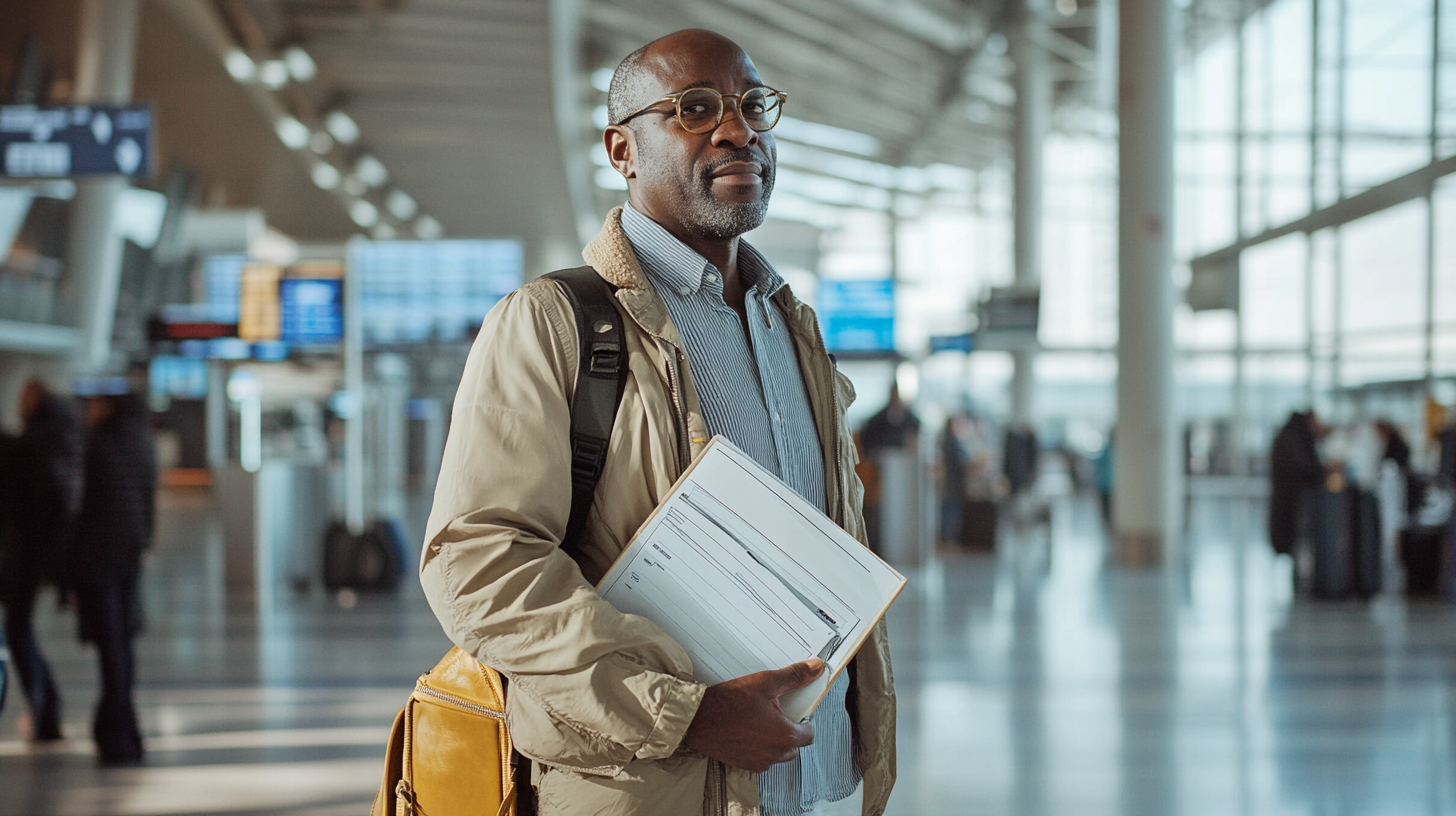
Once you’ve received medical care abroad, it’s important to consider the steps needed to return home safely. For post-travel health advice, visit CDC. This may involve fitness-to-fly evaluations, arranging special accommodations for travel, and planning follow-up care with your healthcare provider at home.
Obtain Medical Clearance for Travel
Before departing, consult with the treating physician to obtain a medical certificate stating you’re fit to travel. For details, visit State Department. Airlines may require this documentation if you’ve had a serious illness, surgery, or hospitalization. For policies, visit United Airlines. Ensure you understand any restrictions or special assistance needed during your journey, such as the need for supplemental oxygen. For travel advice, visit Lung.org or seating accommodations.
Plan for Medical Needs During Travel
If you require medication or medical equipment during travel, plan accordingly. Carry medications in their original packaging, along with copies of prescriptions and doctor’s letters. For TSA guidelines, visit here. Pack medications in your carry-on luggage to prevent loss in case checked bags are delayed or lost. For tips, visit US News Travel. Notify the airline in advance if you need to bring medical equipment or require special services like wheelchair assistance. For services, visit Delta.
Arrange for Follow-Up Care
Upon returning home, schedule an appointment with your primary healthcare provider for follow-up care. For more information, visit Ribbon Checkup blog. Provide them with all medical records and documentation from your treatment abroad. This continuity of care is essential for a full recovery and addressing any ongoing health concerns. Be vigilant for any delayed symptoms that may arise after your return, such as those from mosquito-borne illnesses. For more information, visit WHO.
Final Thoughts: Staying Healthy & Informed While Traveling
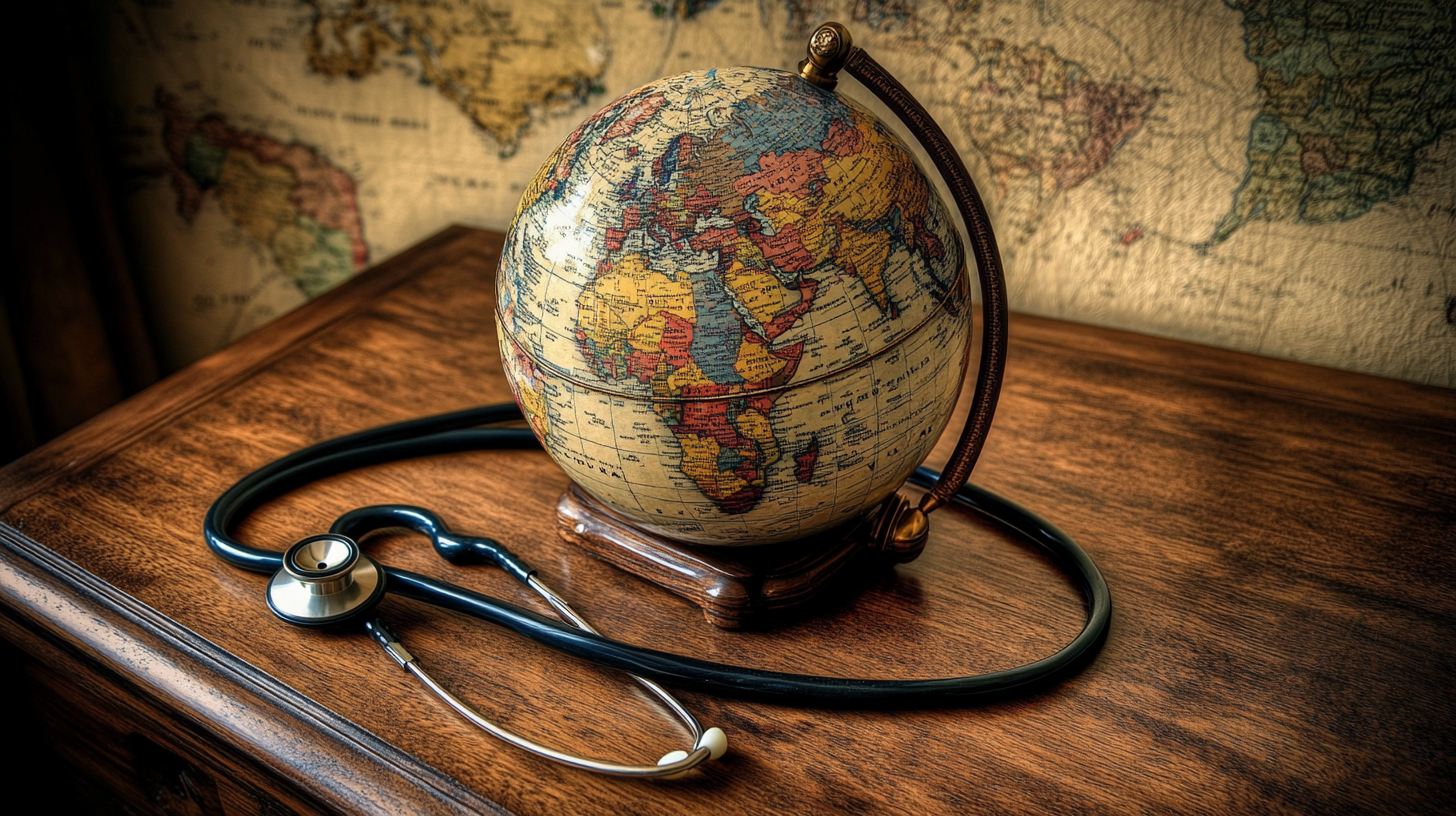
Getting sick while abroad is an unfortunate possibility, but with proper preparation and knowledge, you can manage the situation effectively. By understanding the risks, knowing how to access healthcare services, and being prepared to navigate financial and cultural challenges, you can focus on recovering and continuing to enjoy your travel experience.
Remember that your health is paramount. Don’t hesitate to seek medical attention when needed, and prioritize self-care during your travels. For self-care tips, visit The Belle Voyage. Stay informed about your destinations, maintain healthy habits, and listen to your body’s signals. With these strategies in place, you can explore the world with confidence, knowing you’re equipped to handle any health challenges that come your way.
Safe travels and stay healthy!
For more travel tips and advice, visit us at BoardingArea.


